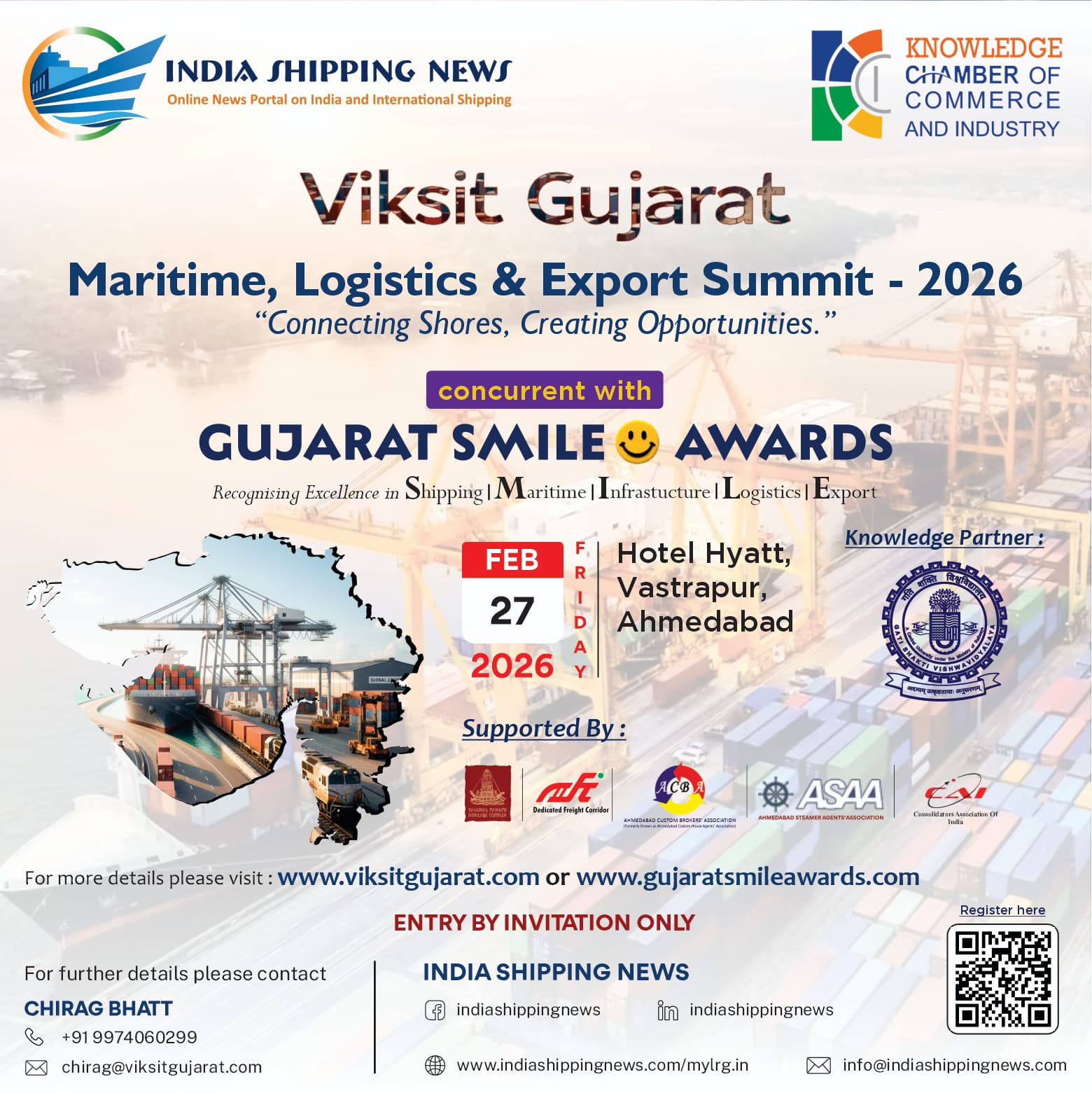
Rs 600 cr annual revenue from Jawahar Dweep oil berths, says Sonowal

MUMBAI : The Mumbai Port Trust will earn revenue to the tune of nearly Rs 600 crore per annum from the Jawahar Dweep oil berths, Ports and Shipping Minister Shri Sarbananda Sonowal said on Friday.
He visited the fifth oil berth of the Jawahar Dweep, off Mumbai coast, where a bunkering facility is being developed by the Mumbai Port Trust by joining hands with oil PSUs BPCL and HPCL.
“Out of the Rs 1,700 crore revenue of the Mumbai Port Trust, 35 per cent (about Rs 595 crore) will come from the Jawahar Dweep when it is fully operational,” Sonowal told reporters here.
The fifth oil berth at Jawahar Dweep will cater to fully loaded Suez Max tankers and partly loaded VLCC tankers.
The facility will help the oil PSUs to bring in high-capacity tankers.
The project of the fifth oil berth, with the capacity to handle 22 MMTPA crude oil, is being implemented at a cost of around Rs 1,000 crore, half of which was shared by the two oil PSUs.
Both BPCL and HPCL have one refinery each in Mumbai.
A four-km-long submarine pipeline will connect the Jawahar Dweep to Pir Pau from where the refineries are connected.
Sonowal said the Jawahar Dweep will give big push to the bunkering for the vessels visiting Mumbai port and JNPT as well as local vessels. It is expected that the bunkering business will grow from 2 lakh tonnes to 19.25 lakh tonnes in the next 10 years.
A Mumbai Port Trust official said the facility will bring additional business potential in the form of services such as bunker supply barge operations, maintenance and repairs etc.
Mumbai port has long been the principal gateway to India and has played a pivotal role in the development of the national economy, trade and commerce and prosperity of Mumbai city in particular.
The port has achieved this position through continuous endeavour to serve the changing needs of maritime trade.
Though traditionally designed to handle general cargo, over the years, the port has adapted to changing shipping trends and cargo packaging from break bulk to unitisation, palletisation and containerisation.
Besides, it has also developed specialised berths for handling POL and chemicals.
Source : Business World


